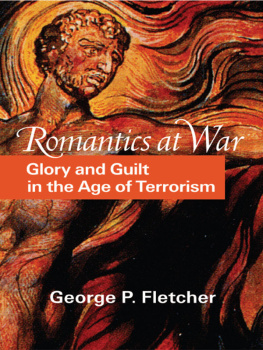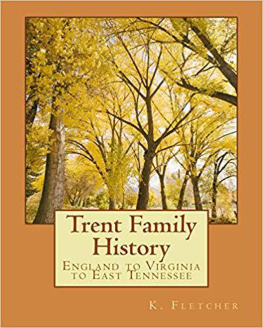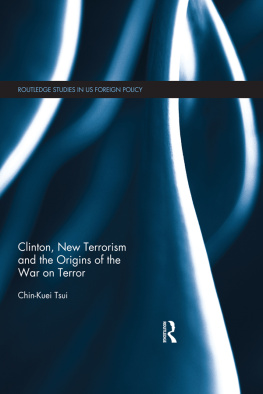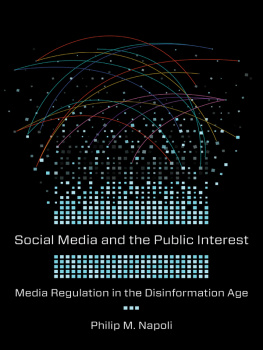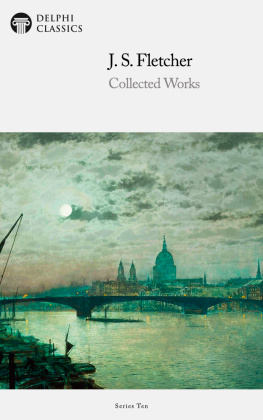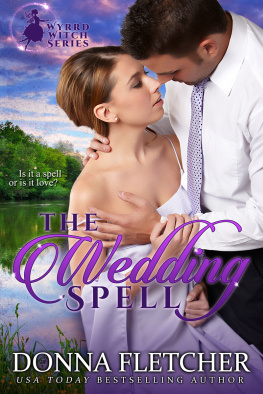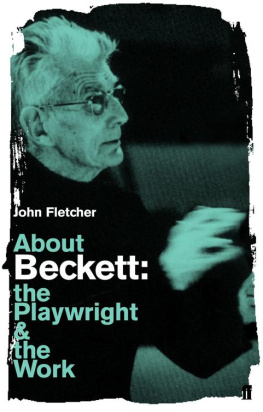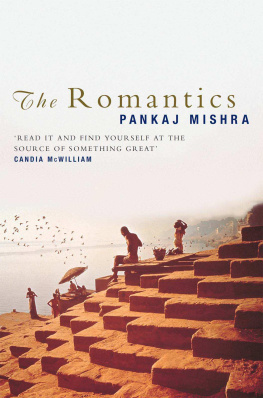Romantics at War

Romantics at War
Glory and Guilt
in the Age of Terrorism
PRINCETON UNIVERSITY PRESS
PRINCETON AND OXFORD
Copyright 2002 by Princeton University Press
Published by Princeton University Press, 41 William Street, Princeton, New Jersey 08540
In the United Kingdom: Princeton University Press, 3 Market Place,
Woodstock, Oxfordshire OX20 1SY
All Rights Reserved
eISBN: 978-1-40082-517-2
British Library Cataloging-in-Publication Data is available
This book has been composed in Sabon
Printed on acid-free paper.
www.pupress.princeton.edu
Printed in the United States of America
10 9 8 7 6 5 4 3 2 1
For my three children who express their Romantic urges in different ways,
DEBORAH, who searches for meaning in far-off lands.
REBECCA, who writes and sings of yearning for home.
GABRIEL, who at an early age plays Beethoven as his favorite.
May none know the horrors of war.


Coming to grips with the issues in this book has brought me to an understanding of where I stand in the cross-currents of intellectual history. Just imagine having to take a stand on all the following issues: Must legal thinking always be rational, or is there room for nonrational thought within the system? Do Romantics have any place in the law, and if so, what should their distinctive contribution be? How do we resolve the classic dispute about the units of agencydo only individuals act or is it possible to take group action seriously as a basis for attributing collective guilt? And what about the basic word that runs throughout this discussion of crime and punishmentguilt? What does this word mean, and does it lend itself to attributing blame to nations who commit aggressive war as well as to individuals who commit crimes?
Searching for my position on these spectra of opposites has engaged me for many years. In my early professional work, circa 1970, I would have been loathe to describe myself as sympathetic to nonrational right-brain thinking or to describe myself as a Romantic. I was too closely identified with the analytic philosophical tradition. The intellectual heroes of my youth were Herbert Morris, H.L.A. Hart, and Ronald Dworkin. These were scholars who brought analytic rigor to legal studies and I am grateful that I spent many years in their tutelage.
It is obvious, however, that I showed an early and seemingly eccentric appreciation for methods of legal thought that were clearly at odds with the analytic tradition. Two articles in the Harvard Law Review provide a window on a mind-set that from my current perspective I can see as the beginnings of the arguments in this book. In 1972 I was engaged in searching for a new way of thinking about the foundations of tort lawan alternative to the arguments of efficiency then in ascendancy. The conventional view about the leading Palsgraf case, which arose from a notoriously complicated accident with multiple causes, was that the majority opinion by Judge Cardozo was analytically more rigorous than the dissenting opinion by Judge Andrews. The latter was supposedly muddle-headed because it reasons that the question of proximate cause in accident cases resembles a spring, starting on its journey... joined by tributary after tributary... reaching the ocean, com[ing] from a hundred sources. My own take on this debate was that Cardozos definitions of the risk reasonable to be perceived as equivalent to the duty to be obeyed placed too much faith in definitions and the seductiveness of particular words. The nonrational invocation of an image of a stream appealed to me as a human way of judgingthe best method under the circumstances.
Four years later I pursued this theme in developing a contrarian conception of the history of larceny. My thesisprobably better documented than anything I have written sincestressed the image of the thief coming stealthily at night as the historical foundation for defining the boundaries of larceny. The word-oriented, left-brain profession of law professors had great trouble with this argument. The standard way lawyers think about the contours of crimes is to pretend that our words carry the power to stake out boundaries between the lawful and the unlawful.
I see now that skepticism about verbal definition in legal thinking connects strongly to the study of comparative law, particularly the analysis of legal systems across diverse linguistic families. Monolingual American lawyers take their pet phrases like reasonableness, fairness, and due process very seriously. In the post-legal-realist age they know that general propositions do not decide concrete cases. Yet they invest the central words of the common law tradition with a liturgical function. Merely reciting the right words supposedly signals a sound approach to the problem. It never seems to occur to English-speaking scholars and judges that lawyers in other traditions have no comparable words in their vocabularies. If our idiom of legal analysis is local and contingent, we should have greater humility about the ability of our parochial language to capture deep truths about the law.
Bruce Ackerman was probably the first to join forces with me when in 1977 he developed his own distinction between two ways of thinking about legal problems. He saw in my emphasis on right-brain responses to images a pattern of unreflective thought that he dubbed ordinary observing. He regarded it as an advance in the legal thinking to move from this kind of thinking to scientific policy-making, a method that at the time signaled the application primarily of economic analysis. Neither Ackerman nor I realized at the time that we had both distanced ourselves from the conventional faith in verbal definitions held by the mass of lawyers and judges. My method favored the human response to imagesbelow, as it were, the level of verbal distortion; his, the invocation of a universal mathematical and economic systemabove and beyond the distortions of language.
At stake in my 1970s articles was another attitude toward law that I have come only in the fullness of time to understand. When I did research in particular problems I found a recurrent pattern of contradictions in the sources of law. Most people assume the law is a consistent set of propositionssomething like a rule book for solving cases. Both of these 1970s articles emphasized the dramatic conflict of ideas that surged beneath the surface of the law. In the 1972 article on tort theory I stressed the conflict between the deontological principle of reciprocity and the utilitarian standard of reasonableness. In the 1976 work on the history of larceny the critical question was whether we should recognize the imperfect and incomplete nature of a law of theft based on a shared image of thieving.
In these conflicts between legal ideas, there was always a thesis and an antithesis. In the Hegelian style of thinking, where opposition generates new combinations of ideas, one should expect a synthesis to emerge from the historic tensions in the law. But in fact the dramatic confrontations of legal ideas do not resolve themselves in a stable equilibrium. The constant juxtaposition of opposites is characteristic of all living dynamic political cultures.
The recognition of inescapable contradictions could have led me to a Marxist theory of lawif I had believed in the possibility of
Next page
